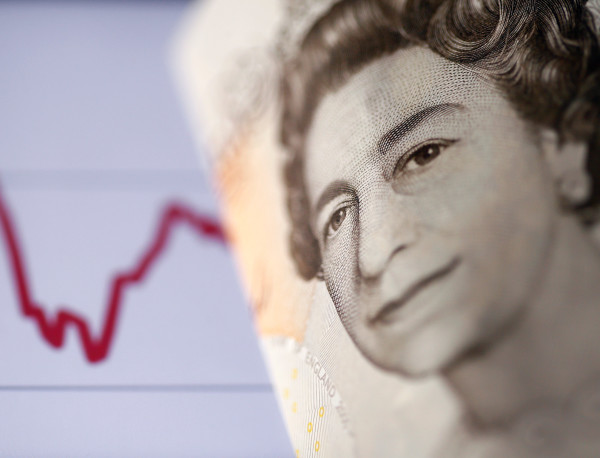

Lacklustre data and an expected squeeze on consumer spending have cast doubt on the housing market’s ability to achieve modest growth of 2 per cent across 2017.
Howard Archer, chief economic advisor to the EY Item Club, said consumer purchasing power would be squeezed by a combination of higher inflation and muted earnings growth over the coming months.
Softer consumer confidence, a reduced willingness to engage in major transactions and the possibility of a faltering labour market could also have a negative impact.
His comments came after Halifax’s latest House Price Index showed annual house price inflation fell to a four-year low of 3.3 per cent in May, with a price decline of 0.2 per cent witnessed during the second quarter.
Nationwide reported a 0.2 per cent month-on-month fall in prices during May, while the Bank of England’s mortgage approval data and the Royal Institution of Chartered Surveyors’ survey also pointed to weakening activity.
Mr Archer added: “Housing market activity and prices could also come under pressure from stretched house price to earnings ratios.
“According to the Halifax, the house price to earnings ratio reached 5.81 in December - the highest level since August 2007 - and was still as high as 5.75 in May. This is well above the long-term average of 4.19.
“There are, however, some factors that should put a floor under house prices. In particular, the downside for house prices is likely to be limited markedly by a shortage of houses for sale.
“Additionally, very low mortgage interest rates should remain helpful to the housing market for some time to come.”
Ruth Whitehead, owner at London-based Ruth Whitehead Associates, said house prices could remain high in London but fall in other parts of the UK during the coming months.
“I think the risks to our economy because of Brexit are very, very real,” she explained. “There certainly are troubled times ahead, but in parts of the country that have seen house prices increase most of all, where there is work and demand for people, I don’t see a vast change there.
“We still need to come to London because this is where the jobs are, and we need to live here. But in other areas, such as parts of Manchester, prices are very low and have declined, and could decline further. In those areas, the people should not have voted to leave the European Union.”
simon.allin@ft.com




